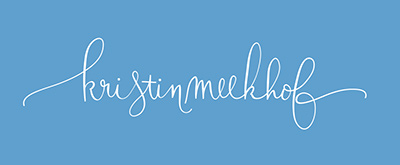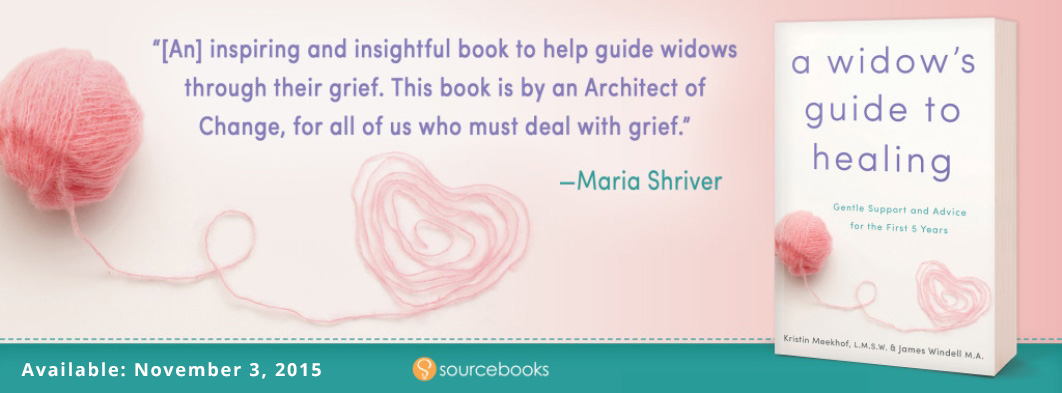Your book is not a memoir; however, you do share some poignant memories about your late husband, Roy, can you tell us about him? Roy was a middle school teacher, and a veteran. He was a gentle soul, and it’s still startling at times that I am asked to talk about him. When we were together, I never felt that I had to be anyone other than who I was. Sure, he saw me struggle with things and helped me to look differently at things, but it was never done with judgment.
He was very accepting of his terminal cancer diagnosis. At first I wasn’t . His attitude really helped me to move towards acceptance. In the end, we left nothing unsaid. He taught me that gratitude is the answer to nearly every question. He never said, “Why me?”. Instead, he said, “Why not me?”
Why did you decided to share your story of loss and resilience? At first, I didn’t want to share anything in writing about my loss. I simply wanted to leave my story out of the book. Then I wrote an essay, “The Moment I Knew” for Huffington Post, and this really changed everything. People, not just widows, connected with it, and wrote to me. They said they found it helpful Other writers told me that I had something to offer. I still struggle, at times, with sharing, both in writing and speaking, about Roy’s death. Yesterday someone, after reading something I wrote for The Shriver Report, said, “You’re over Roy’s death, right?” The question took me by surprise and at first, I was sort of offended. Then I realized that in my writing, no one sees the struggle. They read it online and it looks polished. The reader never sees me put my pen down, and walk away from my table with tears running down my face. It isn’t easy. I’m not sure I will ever be over Roy’s death, but I’m learning to live with it, and there’s a difference.
Earlier this year, on a national radio show, you shared that your father died when you were nearly five years old, which meant that your mother was a widow as well. How did your early childhood impact your book? Actually, I wasn’t prepared to talk about my father, but I was asked what my first experience with death was. And it was when my father died. I was nearly five and he had cancer. I was 33 when Roy died (in 2007) so obviously, time had passed.
In the seventies, there weren’t support groups for children and obviously, there wasn’t the option of using Google to reach out to others, so my mother was limited in her resources for this type of support. It was very hard for her and my (paternal) grandparents. When I talked with widows (for the book) and they found out that my father died, they were so curious about what I experienced. I know they want to know what their children are thinking and feeling, and what it is like to grow up not knowing your father. My heart is still heavy when it comes to discussing my father’s cancer battle and his death.
How did you decide on choosing your co-author, psychologist, James Windell? Jim and his wife knew my late husband, so I felt very comfortable sharing my story with him. Jim is the author of several parenting books and I knew that this book would need to discuss single parenting. He’s an expert on this. On a personal level, Jim is very generous and I think he’s a saint. He is patient and wise.
James and you interviewed dozens of widows about their loss and grief. What did you find most surprising from those conversations? How unique each story really is. No two stories are alike and the pain, however, raw and sharp is still uniquely that widow’s own pain.
Your book offers some very practical advice tips about finance, for example. Why did you include this? In talking with the widows, there was a common theme that continued to surface. Jim and I kept hearing, “I wish someone had told me,” and it was usually practical things such as how to handle finances, legal/ probate issues, real estate. I wanted to give widows a book filled with stories of hope and practical advice.
What are some things that you did to help heal after your husband died? I went back to distance running and I read. I was reading a book a week on average. I watched some tv, but mostly reading books- both fiction and non-fiction. I also started doing yoga again and did some solo traveling.
Who are your favorite authors? I love the books written by Dr. Elie Wiesel and Marilynne Robinson. I had the privilege of seeing them both speak and have autographed copies of their books on my bookshelf. I even have a letter from Dr. Wiesel. I have to mention that I read Hannah Coulter (by Wendell Berry) shortly after my husband died. and I found that book to be very healing. It’s hard for me to describe why, but I connected with it.
What what your intent for writing this book? My intent was and still is to give women a gift filled with practical advice, hope and inspiration. The later comes from the stories of widows who were able to turn something very tragic into something beautiful. For some widows, this meant giving back to their community or religious group. For other widows, they did something more personal in their home. This is a book that can be read from cover to cover or just a chapter here and there, but the intent is still the same- to offer healing. Once you have survived the loss of your spouse you are very much an expert in grief, and we can learn from each other.







